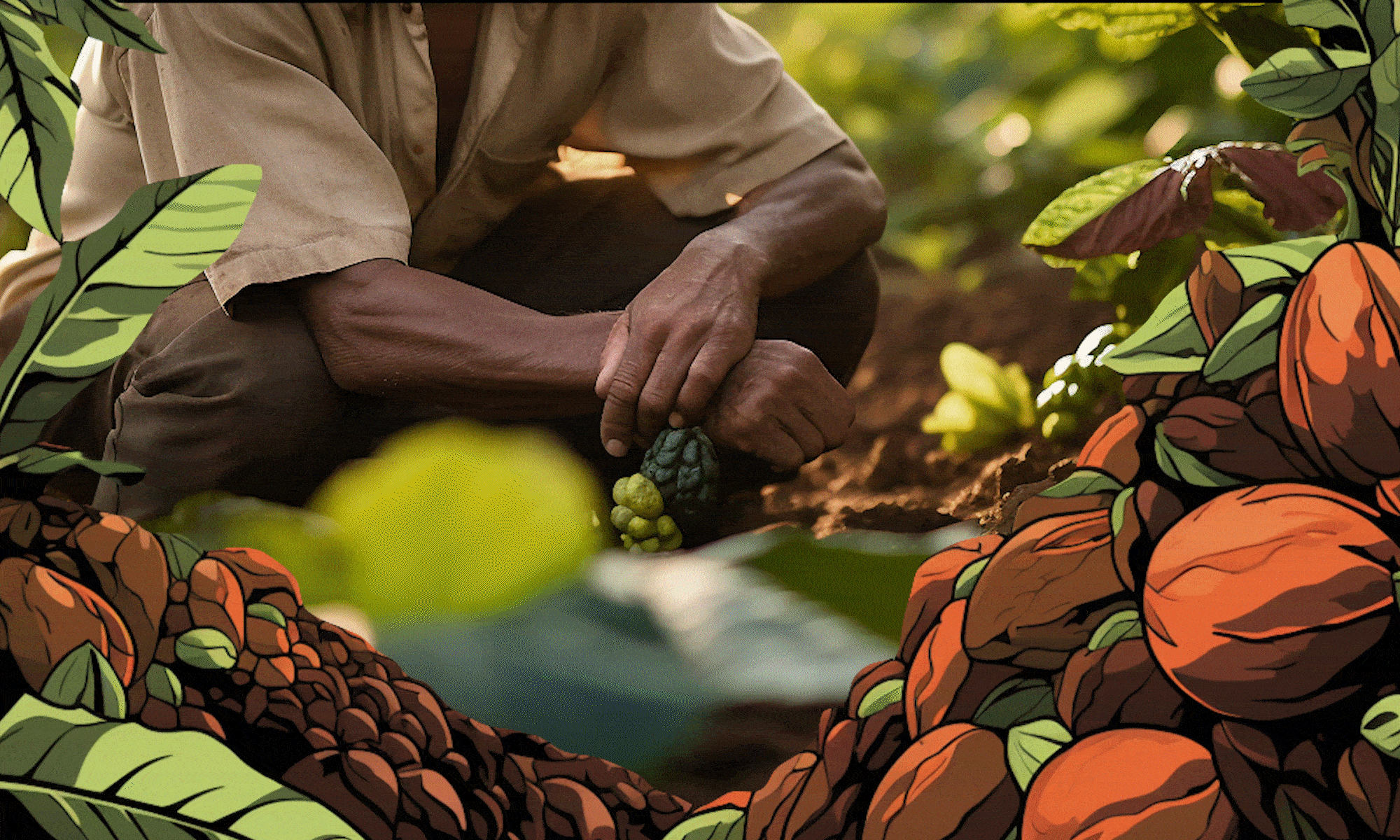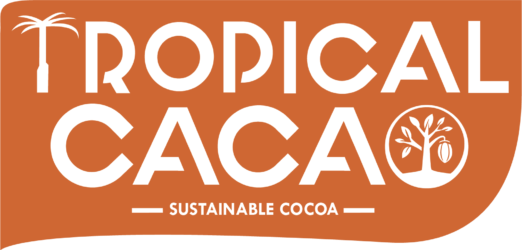Understanding the importance of genetic diversity in cacao farming and how it affects chocolate production worldwide.
Why It Matters
- Biodiversity protection
- Disease resistance
- Flavor preservation
- Sustainable farming


Tropical Cacao – Sustainable Chocolate
Cultivating Quality Cacao, Empowering Communities, and Crafting Excellence in Chocolate
Understanding the importance of genetic diversity in cacao farming and how it affects chocolate production worldwide.
As interest in cacao’s health benefits grows, many wonder whether fermented cacao powder offers superior benefits. Let’s examine the scientific evidence behind both varieties to help you make an informed decision.
During fermentation, natural microorganisms transform the beans, creating:
Research suggests fermented cacao may offer:
Cacao, the key ingredient in chocolate, undergoes various processes to bring out its signature flavors and health benefits. One of the most debated topics among chocolate enthusiasts and health-conscious consumers is the difference between fermented and unfermented cacao.
Fermentation is a natural process where harvested cacao beans are left to ferment for several days. This step enhances the flavor profile, reducing bitterness and increasing the complexity of taste. It also develops the natural compounds that contribute to the aroma and texture of high-quality chocolate.
Unfermented cacao skips the fermentation step, resulting in a product with a lighter, raw flavor. While it retains more of its original nutrients, it can be more bitter and less appealing for chocolate-making.
The choice between fermented and unfermented cacao depends on your priorities:
At Tropical Cacao, we specialize in premium fermented cacao beans, perfect for chocolate artisans and health-conscious consumers alike. Whether you’re crafting a luxurious bar of chocolate or exploring raw recipes, understanding the differences between these two types of cacao can help you make informed choices.